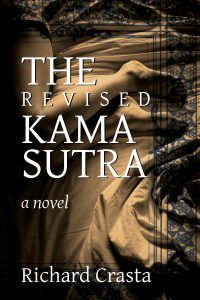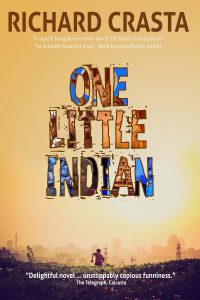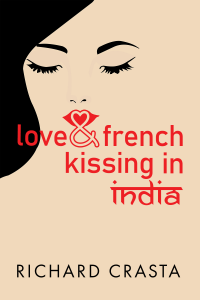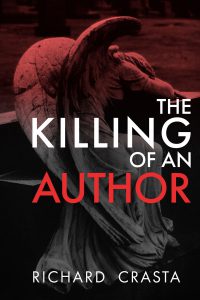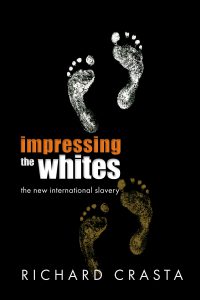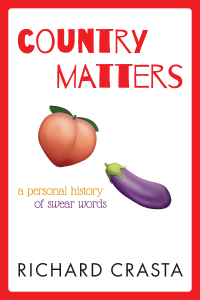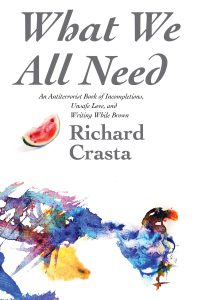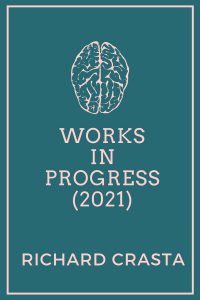[The story of what happened before my novel “The Revised Kama Sutra” was published by Viking Penguin India. [from “The Killing of an Author””}
One of the two editors who had been holding out (the other being Morgan Entrekin of Atlantic Monthly Press), and one who according to Harriet had almost offered and then changed his mind the next day, was Sonny Mehta. “The most powerful editor in the Western publishing world,” Indian newspapers had raved in describing his ascension to the chief editorship of Knopf. (Wasn’t his appointment a wonderful thing? Weren’t we all of us on this planet now One Happy Family? With a brown male at its zenith, the commanding heights, which brown male could now complain of being ignored in the world of Western publishing? Unfortunately, as those inscrootable Hindoos [satirically intended misspelling] discovered many thousands of years ago, nothing is as it seems.)
The Pope of publishing (and the future publisher of the Pope) was still undecided about this irreverently unCatholic novel by a novelist who would later be described as “The Rushdie of Catholicism.” Toward the end of January, he asked to see me at his spectacular apartment on the ultra-fashionable stretch of Park Avenue (the Fifties). On a Sunday at 12 noon, Sonny, a short, goateed man clad in jeans, milk chocolate skin, and thick, dark eyebrows, welcomed me into a glorious entrance hall with crammed bookshelves lining the entire wall from the floor right up to the ceiling. A large number of books had been lying on the floor.
“I have been trying to put them in order; I’ll arrange them soon and send you my extra copies,” he said. That easy, chummy, elder-brotherly statement so moved me that I thought of offering to help put his books in order. He had a glass of what looked like scotch on the rocks by his coffee table, and opera music was playing on high class speakers.
He asked me what I would have to drink. I had a Coke, while he refilled his scotch.
He started by admitting that he had read my novel virtually nonstop — which flattered me. He was friendly, and brotherly, and quite tolerant of my small talk, including questions about Salman Rushdie, who I had heard he had once edited. Rushdie was a difficult author when it came to accepting editorial suggestions, he said. He asked me about my background, and shared his early experiences of racism with me. I felt great affection for the man, a kind of affinity that I had not felt in a long time. So we were two people against the world. We understood each other.
About half an hour later, we — I with my tie and gray tweed jacket, he just slipping a black woolen overcoat over his jeans and turtleneck — walked out into the dull winter day and hailed a cab to the Lincoln Center area, where we had lunch at Mr. Henry’s — the restaurant, not the dead novelist’s residence. I had a salmon steak, which Sonny eyed a little enviously when it came, asking me if it was good. I think I offered him a piece, which he accepted. Why shouldn’t I? He was paying for the fish, while I was fishing for his offer.
We had been talking about everything but the novel, and finally, I asked him, heart thumping, “So what do you think of the novel?”
“I think it is remarkably good,” he said. Then he added, “But it could be cut by about 15 percent.”
We left the restaurant, and he said he had to go to Tower Records, would I like to join him. Sure, I said. We walked the two blocks or so and spent the next half hour there. And then we rode in a cab to his office on the fiftieth floor or so of Random House (he seemed to be taking me on a guided tour of his empire; impressing the little brown boy perhaps? I would wonder later). It was a corner office with floor-to-ceiling glass windows across an entire wall with a magnificent view of the East River and the midtown skyline. On one wall were a large number of photographs of him schmoozing with various celebrity authors, and one photograph in which he had his arm around the shoulder of my Columbia University near-pal Tama Janowitz (the unusually attired and head-geared Tama and the very squarely dressed I had sat in the student lounge mutely facing each other for nearly an hour; she was just graduating as I was entering the Writing Division, and I was rarely one to start a conversation with a solitary female stranger, especially one who looked like that).
On the way back, I tried to probe him a bit further. “Is the Catholic material a problem?” I asked.
“Why, what do you think of it?” he replied, evading the question. I might as well have asked: Is the fucking a problem? Would you like me to put red panties or black lace ones on the editor character? He did let slip one comment, though, and I didn’t even know if it was just to test me: “I gave it to three people at the office. The two women loathed it.” When I asked him whether the reaction of the women was a problem for him, he dismissed them as unimportant. But if so, why tell me, why inject this extra 50 ml. of anxiety into my already nervous bloodstream?
